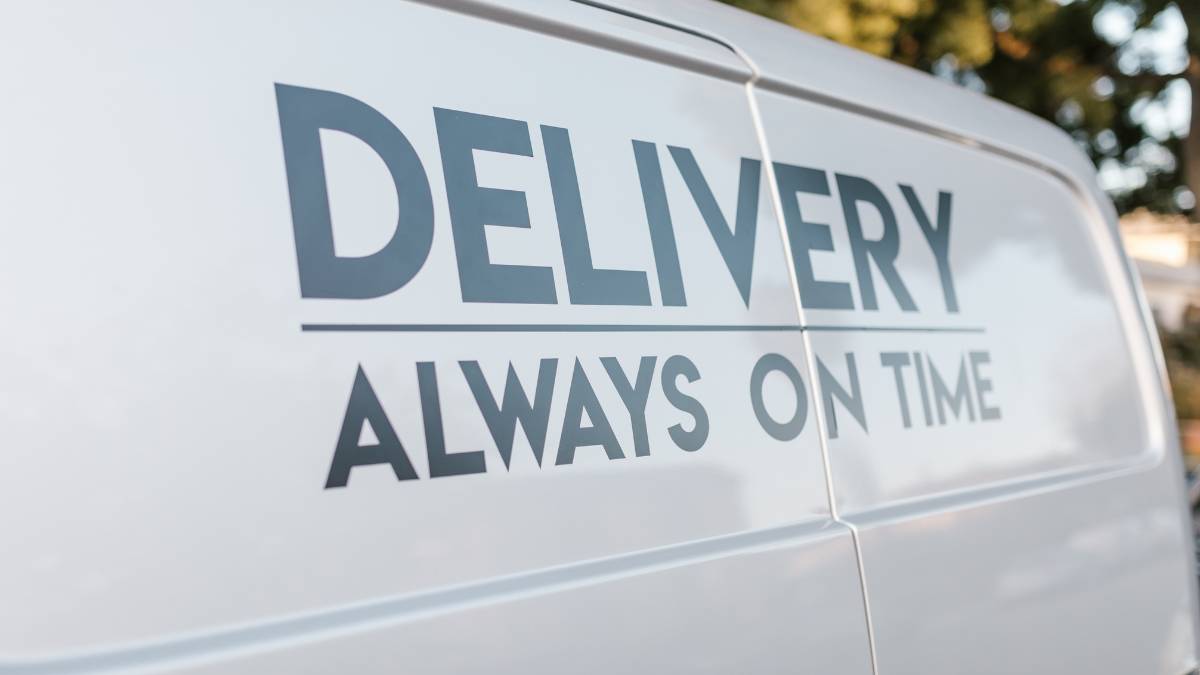Building a Business from Scratch: What to Consider
Last Updated on December 6, 2024 by Bharat Saini
Every year, countless thousands embark upon one of the toughest, most stressful and potentially rewarding endeavors anybody can pursue: starting a business. While many people have truly great ideas and business plans from day one, the dynamics of business mean that not everybody can succeed at their goals. In fact, most businesses fail within just a few short years. As such, being prepared in every way imaginable is generally the only way to ensure success.
Even with a great idea, product, or service, starting a business isn’t easy. In fact, most of what wears people down and/or discourages them from following their dreams is the process through which businesses are built. For many, starting a business from scratch can be a herculean task involving paperwork, regulation, tax considerations, capital, inventory, and more. For entrepreneurs looking to streamline some of these challenges, having access to essential resources, tools, and even inventory solutions is crucial. If you’re ready to begin, gather everything you need to get started and reduce the hurdles along the way.
If you are currently considering how to start a business from scratch, knowing where to begin can make a huge difference in the process. After all, nobody needs an excessive amount of stress when pursuing an endeavor that is already incredibly stressful.
To help with the process, let’s look at some considerations you should evaluate when starting your very own business.
Before You Commit to Starting a New Business
The first – and for some, the biggest – question anybody must ask themselves before starting a business is whether they intend to follow through regardless of difficulty. Most successful businesses take years to get off the ground and run smoothly: do you have the time and patience to keep investing both time and energy into the endeavor?
In many cases, the logistical hurdles of starting a business (following proper legal procedures, incorporation, market research, can turn many off to the process. While it is impossible to eliminate most of the steps involved in starting a new business, there are some shortcuts available to those who want to save time.
One such example is purchasing an existing business. While this can limit some aspects of the business planning process, getting around the hurdles of incorporation can save a meaningful amount of time. For those with a unique business model who simply want to circumvent the process, buying the equivalent of a shell corporation can be accomplished for as little as a few hundred dollars. Others with more substantial capital may buy fully functional businesses. For example, platforms such as Synergy Business Brokers connect clients with tech businesses for sale; visit the site to find out more.
You may also do a wholesale business where you can buy products in bulk and sell them to small retailers or online retail. Some of the things you could consider selling are wholesale CBD softgels, grains, beauty products, or any other other thing you can think of that people buy repeatedly and in bulk.
Research, Research, Research
Once you’ve decided definitively that starting a new business from scratch is the best course of action, your attention should then pivot to market research such as running a Conjointy Claims Test to see how your product/service can stack up. The intricacies of building a business are numerous – but before any of that can matter, you must first determine exactly who it is you’re marketing to and whether sufficient demand exists for your business model to be viable.
Depending on the exact nature of your business (i.e. whether it is locally-based/physical in nature or a business focused on online sales), the difficulty of market research can vary. For businesses that are targeting customers online, a variety of beneficial data-sets and information can be extracted through analytics and data-mining. By analyzing keywords, search engine data, marketing trends, and existing competitors, you can relatively quickly figure out exactly how much demand for your products or services exist. This, in turn, will make it easier to customize your business model for optimal success.
With brick and mortar businesses, the process tends to be more difficult. Local business organizations may be able to provide you with helpful information on industry stats within your community; however, opening a local business involves considerably more risk and money – be prepared to pay for premium market research in this scenario.
Know Your Business Goals
Obviously, every business owner starts with an idea and a desire to make a profit. However, this goal isn’t really specific enough to guide good business decisions. The first year of a business is often the make or break point; bad or otherwise misguided decisions early on can lead to unavoidable failure in the future.
Most business professionals recommend that every new business owner set specific goals at the onset. While it may not be realistic to achieve every single goal set forth initially, goals provide tangible checkpoints to work toward and can better guide both your business model and day-to-day operations. Ask yourself what specific goals you wish to reach six months or one year after launching. For instance, you may focus on financial or marketing goals. You could decide you wish to grow your social media to a certain amount of views or followers and you could Shop now to achieve this. Remember: aim high but keep these goals both specific and realistic.
Formulate a Business Plan
As has been alluded to above, no business can expect success without a comprehensive business plan. A perfect business plan incorporates a variety of elements, including market research, funding methods, marketing plans, and a thorough company description. Business plans are not only necessary to secure capital, but they also help guide entrepreneurs and keep them from veering away from an optimal strategy.
Until or unless you have drafted a professional business plan that incorporates all of your research and goals, starting your own business will be nothing more than a reckless idea.
Assess the Capital Situation
Funding is incredibly important when starting a business: how will you be able to pay for all the startup expenses? If your business model requires you to operate at a loss temporarily, where will those funds come from? Can you afford to pay employees immediately (or in the case of sole proprietorships, yourself)? If you find yourself lost in these questions and unable to navigate, try looking from a different angle. Instead of stressing over where the money will come from, look at ways you can reduce expenses and work backward from there. For instance, do you know what is a registered office address? This can help you cut costs whilst maintaining a good reputation.
With an unprecedented amount of information and technology available today, you do have options when assessing how you can accrue capital. Many would-be business owners consult with a bank or financial institution in order to secure the necessary startup funds. Others may use existing savings to get the business off the ground. Some individuals with unique or ground-breaking ideas may turn to crowdfunding and hype to generate funds from others. You absolutely need to determine how to secure capital before jumping into the deep end of the business pool.
Millions of businesses operate and serve the public around the world every single day. Starting a business does not have to be some foreign concept reserved only for the privileged – but you must put in the proper research, effort and thought before committing to anything. By considering the above-mentioned factors before making any moves, you’ll have a sound understanding of the factors facing you. This will lead to a greater chance of your new business being successful and viable for years to come.



